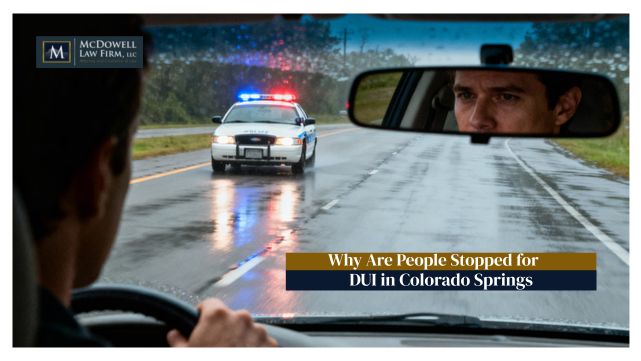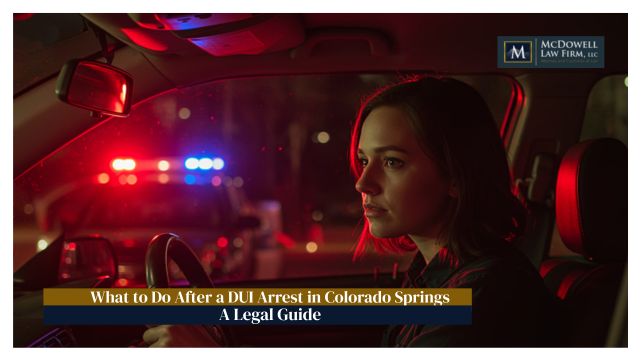As a CDL holder in the US, you are held to a higher legal and safety standard than non-commercial drivers. It is due to the size and danger of the vehicles you operate. One of those standards is no “masking” of traffic violations. Federal and Colorado law requires that CDL’s traffic records remain transparent regardless of where, or how the violation occurs.
What is Masking a ticket?
The Federal Motor Carrier Safety Administration (FMCSA) prohibits CDL holders from “masking” traffic violations under 49 CFR § 384.226. Masking is any legal arrangement—such as deferred judgments, diversion programs or reduced charges—that would keep a traffic violation from appearing on a CDL driver’s record. The regulation requires all convictions or violations to be reported to the Commercial Driver’s License Information System (CDLIS) a national database that tracks commercial drivers’ driving history. This transparency helps keep the public safe by keeping unsafe drivers from hiding behind their records.
CDL Anti Masking Statute
§ 384.226 Prohibition on masking convictions conveys that the State must not mask, defer imposition of judgment, or allow an individual to enter into a diversion program that would prevent a CLP or CDL holder’s conviction for any violation, in any type of motor vehicle, of a State or local traffic control law (other than parking, vehicle weight, or vehicle defect violations) from appearing on the CDLIS driver record, whether the driver was convicted for an offense committed in the State where the driver is licensed or another State.
The federal masking rules apply to all violations, regardless of whether the CDL holder was driving a commercial or personal vehicle at the time of the offense. However, the rules do not apply to parking tickets, vehicle weight or equipment violations. It only affects traffic control violations such as speeding or reckless driving.
How Anti-Masking Laws Affect CDL Drivers
The FMCSA’s anti-masking rule prevents states from preventing or hiding a CDL holder’s violation, even if the violation occurred in a different state than where the license was issued. In practical terms, this means a CDL driver who is convicted of a traffic violation cannot take advantage of typical legal options like:
- Deferred Imposition of Judgment: A common practice where courts delay a final ruling, possibly dismissing the charge if the defendant meets certain conditions.
- Diversion Programs: Programs where offenders agree to participate in certain activities or treatment in exchange for the charge being dropped.
- Amended or Reduced Charges: Lowering the severity of an offense to avoid harsher penalties or points on the driver’s record.
For CDL drivers, any of these actions that hide the violation from their record are prohibited under the federal anti-masking laws. If a state allows masking, they risk non-compliance penalties including loss of federal highway funding.
Colorado’s Compliance with Federal anti-Masking Rules
Colorado follows the federal rules closely, so traffic violations involving CDL holders are reported correctly. Courts across the state are bound by these regulations. They cannot offer CDL drivers deferred sentences or diversion programs if it would mask a conviction from their driving record.
When a CDL driver gets a traffic ticket, the violation must be adjudicated and reported accurately, regardless of the outcome. This prevents drivers from hiding violations through plea agreements or reduced charges, a common legal option for non-commercial drivers.
Colorado also has penalties for violations, including license suspension for severe offenses like DUI or excessive speeding. The strict enforcement of anti-masking laws ensures habitual offenders are identified and held accountable, keeping the public safe on the highways and roads.
CDL Holders and Defense Attorneys
CDL holders need to know that even minor traffic violations will show up on their records and affect their employment and driving privileges. And with masking prohibited, it’s harder to negotiate traffic violations in court, limiting options for defense attorneys.
Defense attorneys representing CDL drivers must carefully consider each case to find alternative solutions, such as negotiating a fine without reducing the charge to a non-reportable offense. They must also advise clients on the long-term consequences of each legal strategy so drivers understand how even small violations will impact their career under anti-masking laws.
Conclusion
The anti-masking rules for CDL drivers, federal law and strictly enforced in Colorado, are about accountability and transparency in reporting traffic violations. All violations, whether in a commercial or personal vehicle, must be reported on the driver’s national record. While this benefits the public by keeping the roads safe, it’s a challenge for CDL holders whose record must be violation free to maintain their professional status. Defense attorneys are key to helping CDL drivers navigate these legal complexities while complying with both federal and state laws.
By understanding the scope and intent of these laws, drivers and their legal representatives can make informed decisions and protect their careers while contributing to safer roads.




